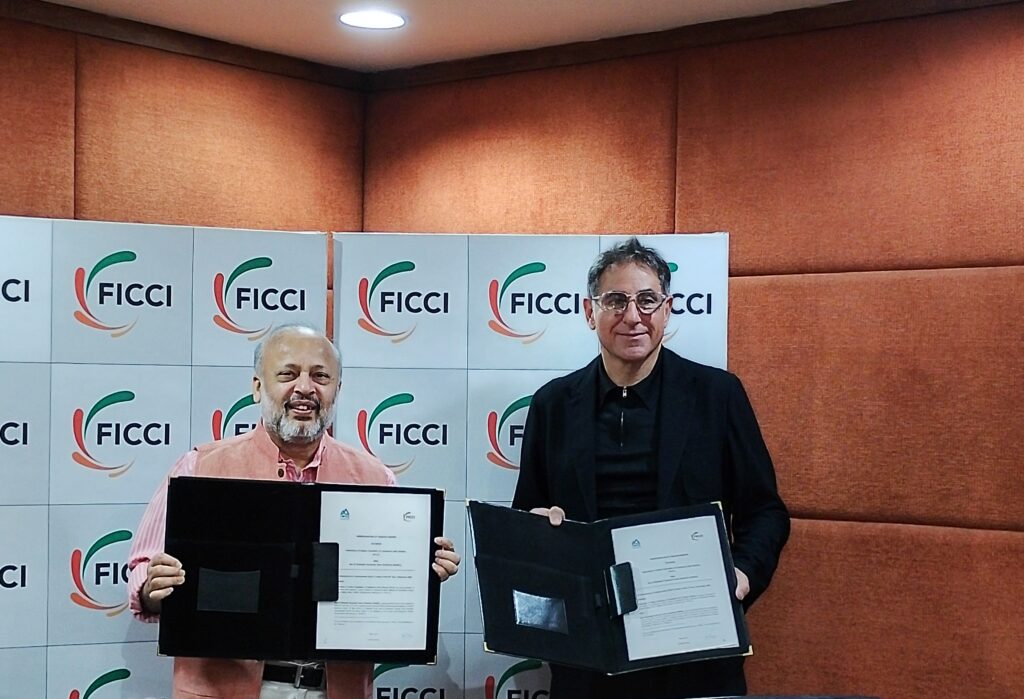
The retail sector in South Africa has experienced significant distress in the last year, with several high-profile retail businesses entering business rescue proceedings. Retail giants like AutoZone, West Pack and Cross Trainer, for example, have all recently entered business rescue, highlighting the growing financial pressures faced by companies in the sector.
Every challenge is also an opportunity and private equity firms are uniquely placed to step in and acquire distressed assets at attractive valuations, assisting to turn them around in the process.
According to statistics by Trading Economics, consumer spending in South Africa amounted to R3.09bn in the first quarter of 2024, down slightly from R3.1bn in the fourth quarter of 2023. Factors such as high inflation and interest rates, increasing unemployment, global geopolitical challenges and resultant supply chain constraints have continued to dampen consumer confidence, leading to decreased sales and heightened financial stress for retailers.
South African retail businesses such as AutoZone, the auto parts retailer, have struggled under heavy debt, demonstrating the vulnerability of niche markets within the sector. West Pack Lifestyle, despite being a popular household name, recently entered voluntary business rescue, indicating that even well-established brands are not immune to the current economic climate. Cross Trainer, an athletic and footwear retailer, has also faced financial distress, highlighting how shifts in consumer preferences and financial constraints are impacting even specialised retail sectors.
Benefitting from high interest rates
New numbers released in August 2024 by StatsSA, however, show a slight increase in consumer spending, with retail sales increasing by 4.1% year-on-year in June, up from the 1.1% increase recorded in May. And while global high interest rates have slowed growth around the world, PE funds have benefitted from the higher rates, with dry powder that was not deployed in challenging market conditions accumulating at record levels.
A recent study by the South African Venture Capital and Private Equity Association also puts private equity fundraising in South Africa at a 13-year high in 2023, with funds being raised in excess of R28bn, a 43% jump from 2022. With interest rates expected to decrease in the months ahead and consumer spending likely increasing as a result, PE firms are well placed to acquire, and have in many instances been specifically seeking out, investments in the retail sector.
The current economic conditions have also created opportunities for take-private transactions in the retail sector, particularly for listed companies with small-to-mid market capitalisations that are trading at discounts to their net asset values.
In 2023, the JSE recorded 12 delistings, with 13 recorded in 2022. Many small to mid-cap listings on the JSE have also struggled with the administrative burden and significant costs relating to being listed, which the JSE is addressing via an ongoing simplification of its listing requirements. Certain companies have dealt with share prices that value them at a significant discount to their net asset value. In these scenarios, existing majority investors may be of the view that there is more value to be found by taking the company private.
Kenya
The same trend is evident in Kenya, where businesses in the retail sector are partnering with PE firms to enhance their business offerings, improve efficiency and grow into new markets. According to the Boston Consulting Group (BCG), PE investment funds can find opportunities to provide capital and management expertise that will enable local modern retail chains to scale up in new cities.
In Kenya, PE funds are playing an important role in backing local, modern chains, such as Naivas and Quickmart, that target middle-income areas in major cities. In 2022, BCG noted in its Future of Traditional Retail in Africa report that investment funds were looking for opportunities to provide capital and management expertise so that local businesses in Kenya could scale up.
Africa
Across Africa, there is growing interest in Africa’s retail sector, driven by an expanding middle class and a rise in consumer spending. In addition, the African Continental Free Trade Area is expected to begin providing real benefits to retail companies in Africa in the next decade, as trade across the continent becomes easier.
Many African countries are scaling up production facilities, investing in transport and utilities infrastructure and streamlining customs processes to be able to take advantage of continental free trade. Retail companies trading across the continent will be major beneficiaries of streamlined intra-African trade.
PE capabilities
The retail sector’s need for fresh capital, restructuring and strategic realignment is a good fit with the capabilities on offer from certain PE funds. Some potential areas of focus for PE firms when assisting distressed African retail companies include leveraging their expertise in operational efficiency to streamline distressed retailers, reducing costs and improving profitability in the process. PE firms can also assist distressed companies to consolidate market share and drive growth through strategic acquisitions and mergers.
Digital transformation strategies, which include investments in digital infrastructure and e-commerce capabilities, can help struggling retailers adapt to changing consumer behaviour and capture market opportunities. PE firms can assist in the implementation of innovative payment solutions, enhanced digital security and blockchain for supply chain transparency, for example. With the rise of artificial intelligence, augmented and virtual realities, and personalisation through data analytics, PE companies that are at the forefront of these technological advancements are able to assist retail companies to adapt to evolving market conditions.
Sustainable alternatives
The growing demand for sustainable products could also be a way for PE companies that focus on ESG principles to add value to distressed companies by creating strategies that prioritise environmentally friendly alternatives. Other ways PE companies could assist distressed retailers include advising on product ranges, enhancing the logistics and supply chains of the businesses, opening up new market segments and assisting to upgrade infrastructure.
While exercising caution, PE firms are able to leverage distressed retail companies to grow their portfolio in the sector. This will enable PE firms to capitalise on improving consumer buying trends and economic conditions going forward. Despite current macroeconomic challenges, investors willing to take on the risk of purchasing distressed assets through business rescue could see significant returns, and breathe new life into the distressed retail sector in the process.





















